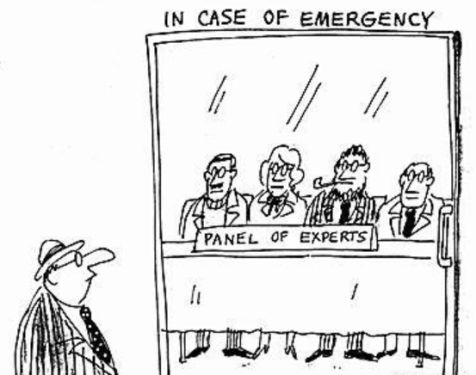American democracy is compromised. Its institutions must act to save it
Scott Chipolina offers the second in a series of Justice Everywhere posts on the US midterm elections and what they say about the state of American democracy. (For the first in the series, see Emilee Chapman’s ‘The United States Needs a Democracy Movement‘.)
The November 6 midterms saw some 113 million Americans cast a ballot. This is the first time in American history that over 100 million voted in a midterm election. Prima facie, this record-setting voter turnout might indicate a thriving democracy. Yet other observations indicate just how far from secure American democracy is. (more…)









